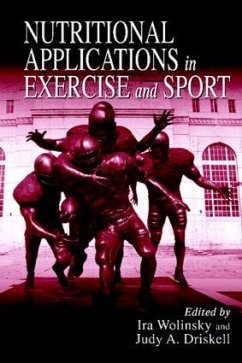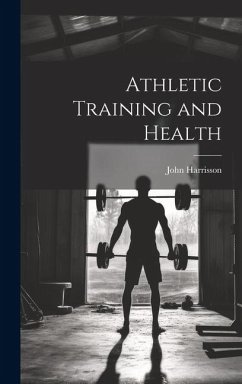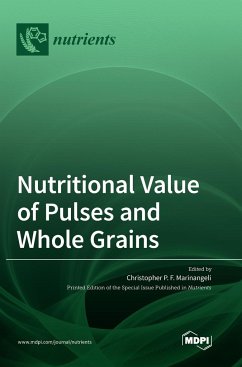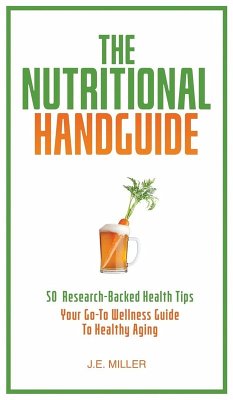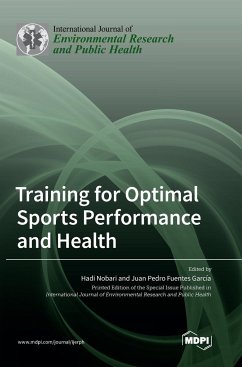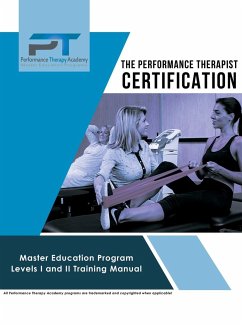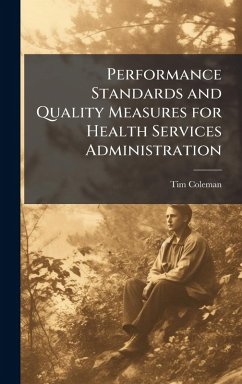
Nutritional Guidelines for Athletic Performance
The Training Table
Herausgeber: Taylor IV, Lemuel W.
Versandkostenfrei!
Versandfertig in 1-2 Wochen
221,99 €
inkl. MwSt.

PAYBACK Punkte
111 °P sammeln!
Knowing the basic nutrition requirements and combining them with proper training are the two most important factors for athletes to achieve peak performance levels. Nutritional Guidelines for Athletic Performance: The Training Table addresses these needs on a comprehensive basis from a training table perspective. Offering practical guidelines for practitioners and athletes, the book focuses on the key macronutrients that fuel daily metabolism and exercise training and explores differing needs for various athletes and their individual goals. Topics discussed include: General principles and phys...
Knowing the basic nutrition requirements and combining them with proper training are the two most important factors for athletes to achieve peak performance levels. Nutritional Guidelines for Athletic Performance: The Training Table addresses these needs on a comprehensive basis from a training table perspective. Offering practical guidelines for practitioners and athletes, the book focuses on the key macronutrients that fuel daily metabolism and exercise training and explores differing needs for various athletes and their individual goals. Topics discussed include: General principles and physiology of caloric intake for all major macronutrients and how this pertains to both active and sedentary individuals Energy demands and nutritional requirements for strength-power athletes and elite competitors in endurance sports Protein, carbohydrate, fat, vitamin, and mineral needs of athletes The importance of optimal fluid and hydration during exercise How to determine body weight for a desired body fat percentage, recommended calorie consumption, dietary suggestions, and useful meal planning tools for a wide variety of caloric needs The difference between energy intake and energy expenditure and how athletes can eat to build muscle, lose fat, and optimize performance Scientific strategies on how to time exercise and food intake to more effectively replenish glycogen, increase protein synthesis, and blunt protein degradation How the physiological changes that accompany aging change nutrient needs and guidelines for older athletes on maximizing performance and maintaining health Structuring a diet containing appropriate amounts of macronutrients (protein, carbohydrates, and fat) and micronutrients (vitamins and minerals) can be a daunting task. This text adequately addresses how athletes can do so in an effe



